Back
Replies (1)
More like this
Recommendations from Medial
Prasanna Patil
Hey I am on Medial • 1y
Did someone noticed One interesting aspect of startups is their ability to disrupt established industries with innovative solutions. Often fueled by passionate founders and driven by a desire to solve pressing problems, startups challenge traditional
See MoreFarhan Raza
Founder And CEO Give... • 1y
Difference Between a Startup and a Business A startup is a newly established company focused on rapid growth, scalability, and innovation. Startups aim to solve unique problems or disrupt industries with new technologies or business models. They are
See More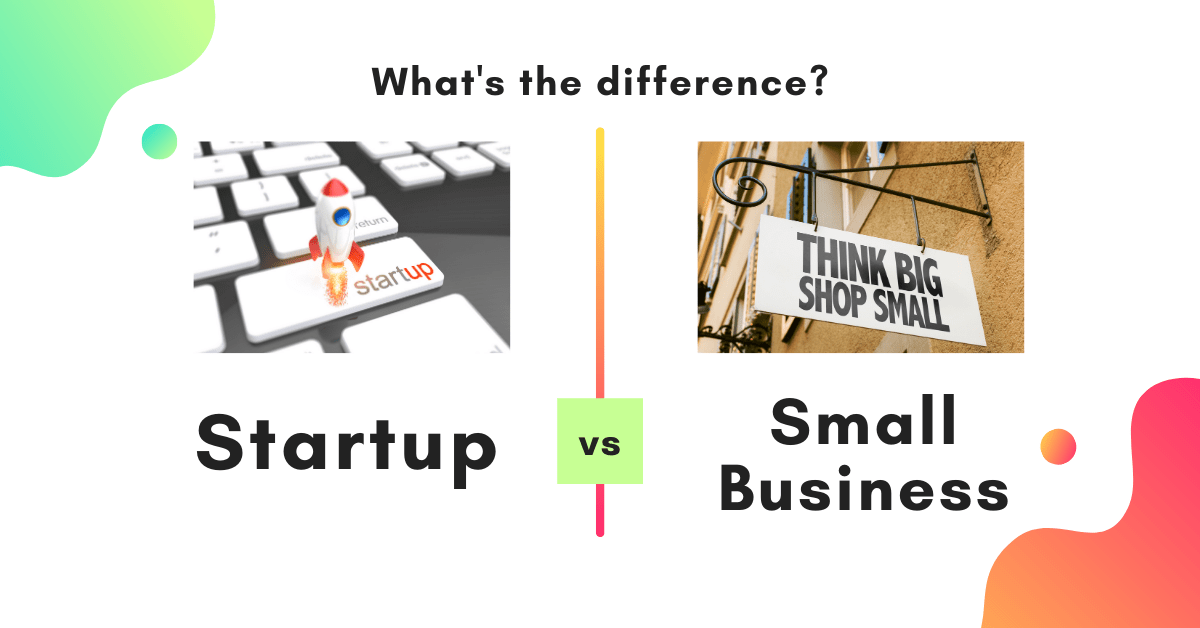
Sameer Patel
Work and keep learni... • 1y
Reliance Industries, has launched WYZR, a new consumer electronics and home appliances brand. WYZR aims to provide affordable, high-quality products such as air conditioners, refrigerators, and washing machines. This can disrupt the electronic marke
See MoreKetan Sojitra SMEDOST
•
Gujarathi Empire Group • 3m
🟪 BUSINESS MINDSET V/S MONEY MINDSET 🟪 💡 A business mindset is a way of thinking that focuses on identifying opportunities, solving problems, and creating long-term value through growth, resilience, and adaptability. A money mindset, on the other
See More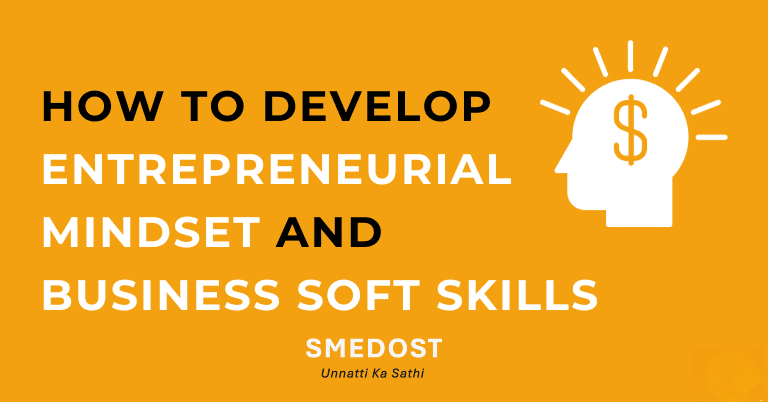
Account Deleted
Hey I am on Medial • 10m
Saw a Reddit post where a guy said the latest ChatGPT update basically wiped out his career — brutal. 😱 These kinds of stories are popping up more and more lately. Unfortunately, it’s probably just the start. With AI evolving so fast and getting p
See More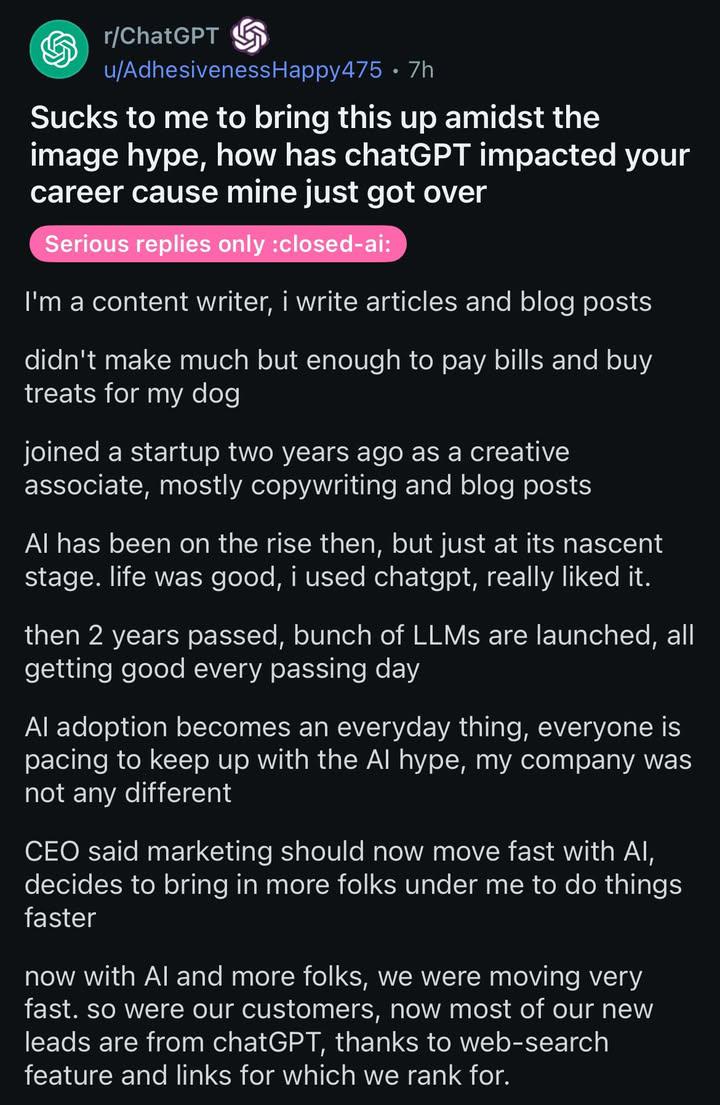
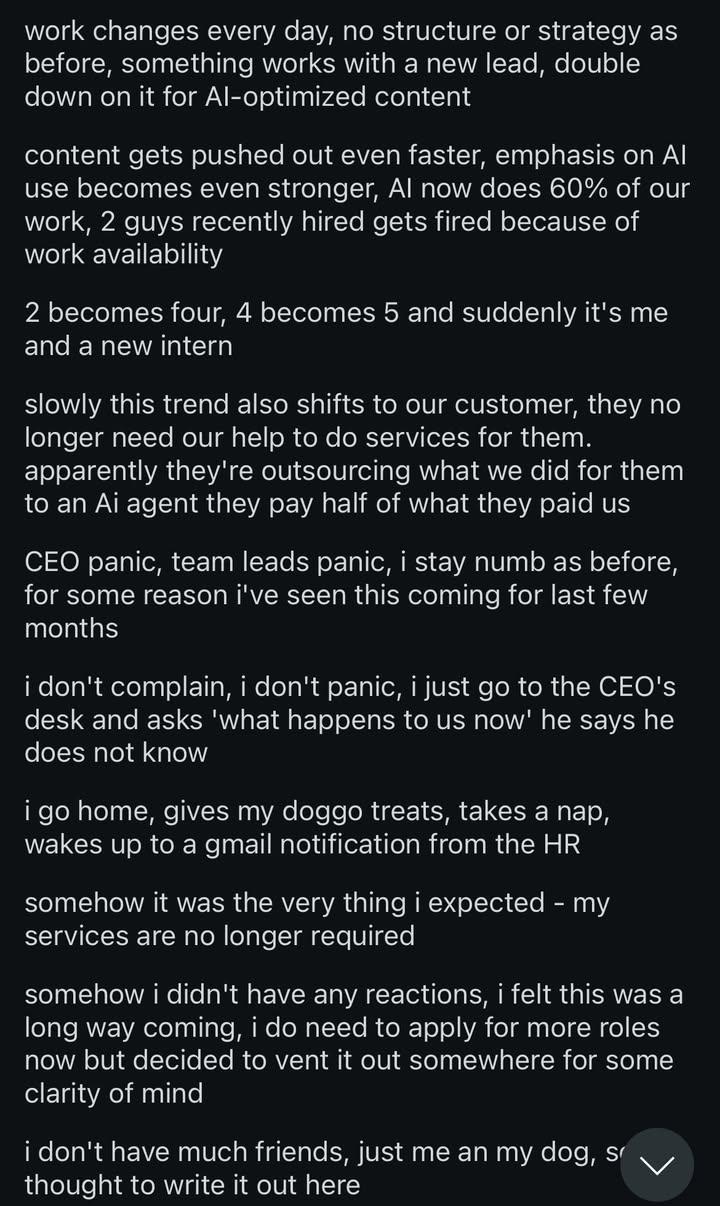
Anish Dey
Creative Writing | F... • 1y
Hi guys, Anish here. I'm building a startup that has the potential to disrupt the food sector in the coming years. Our idea has been validated in multiple startup competitions and is currently among the top 50 startups from an entry of 500 startup id
See MoreDownload the medial app to read full posts, comements and news.

















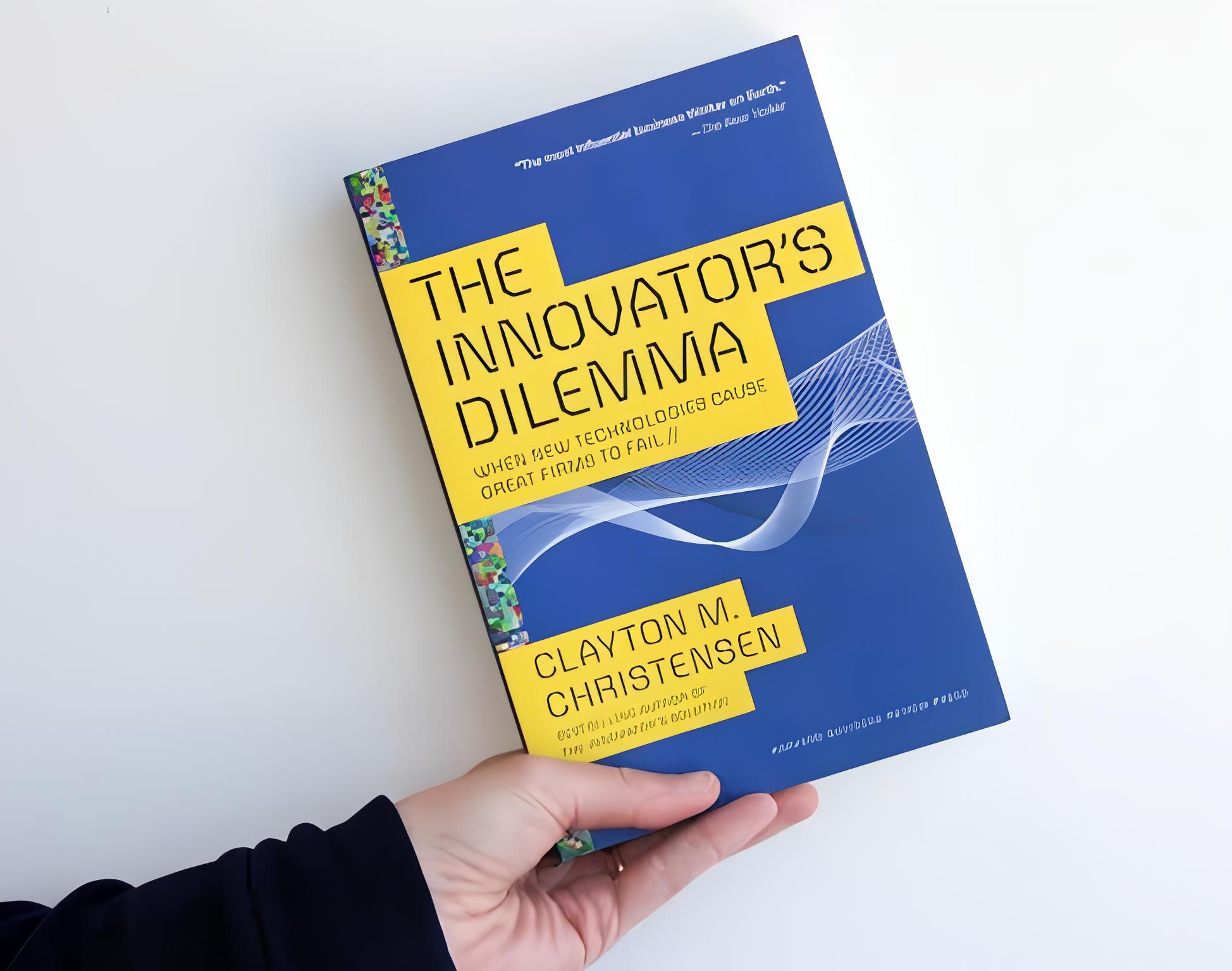




/entrackr/media/post_attachments/wp-content/uploads/2021/08/Accel-1.jpg)


















